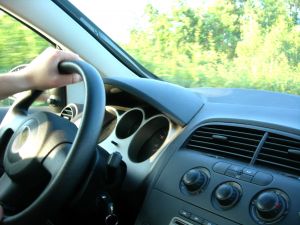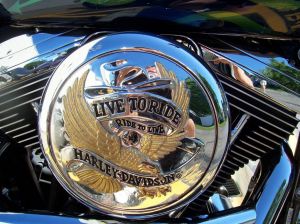Given the nature of our work, the Boston car accident attorneys at Jeffrey Glassman Injury Lawyers frequently post reports about motor vehicle and highway safety tips and trends on our Boston Car Accident Lawyer blog. Our goals is simple: to educate motorists wanting to avoid a Massachusetts car accident.
With this in mind, we share updates made to the National Transportation Safety Board’s “most wanted” list of vehicle and driver safety improvements.

The NTSB has chosen to focus on five key safety issues – seat belt/child restraint use, impaired and distracted driving habits, and motorcycle safety. Their “most wanted” list recognizes both the advances and shortcomings of each state while reminding state legislators to persists in enacting laws that promote safe driving conditions for all motorists. NTSB Chairman Deborah A.P. Hersman notes that state governments are in a “unique position to effect the most significant improvement” regarding transportation safety through legislative and enforcement practices.
The following review of Massachusetts traffic safety directives on these five issues is provided by the NTSB:
~ Child occupant protection: Massachusetts is one of 29 states to have in place a booster seat law requiring all child passengers use a booster seat through age 8.
~ Primary seat belt enforcement: Massachusetts one of 19 states that has no law in place regarding primary seat belt enforcement. NTSB officials recommend that a law be enacted requiring all vehicle occupants wear proper safety restraints, be they conventional lap and lap/shoulder belts or installing car seats and booster seats for use in tandem with safety restraints.
Furthermore, the Board requests that law enforcement be unrestricted in observing and ticketing motorists who fail to buckle up. By enacting “primary” enforcement laws, cops are free to stop (and cite) drivers solely upon visual confirmation that any occupants are unrestrained and non-compliant with the law.
~ Distracted driving: Massachusetts is one of 46 states with a Graduated Drivers License program that meets all NTSB recommendations. As for passenger restrictions, Massachusetts is one of 15 states that have enacted some, but not all, of Board directives. Therefore, currently implemented law fails to meet Board safety standards. (Of note, the NTSB reports that with each additional teenage passenger, so increases the risk a teen driver will crash.)
Regarding the matter of wireless communication restrictions, Massachusetts is one of 26 states to fully restrict (meaning: no cell use for novice, intermediate and “learner” status drivers; no hand-held or hands-free phone use) “interactive wireless communication” while driving.
~ motorcycle safety: Massachusetts has enacted a universal helmet law requiring both driver and passengers helmet-up, so to speak.
Continue reading
 Boston Personal Injury Attorney Blog
Boston Personal Injury Attorney Blog



 Spring is a dangerous time for
Spring is a dangerous time for